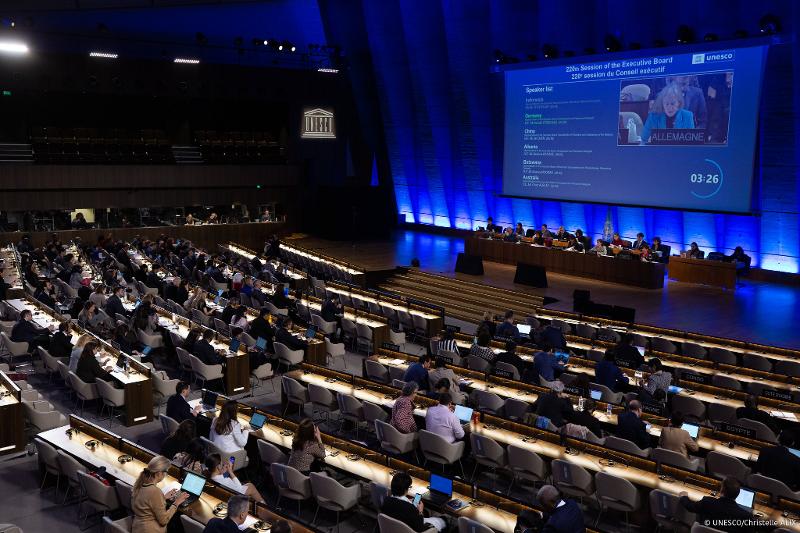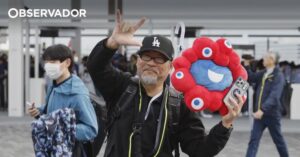
The Ministry of Foreign Affairs of South Korea has announced that starting next year, UNESCO will award the new Global Citizenship Education Prize.
This is an initiative that was proposed by the South Korean Government itself and approved last Tuesday, October 22, during the meeting of the UNESCO Executive Board in Paris.
A boost to peace education
The Global Citizenship Education Prize promises to open opportunities for those working in education aimed at universal human values such as peace, human rights and cultural diversity.
This award will be given every two years and will recognize two winners in two different categories: the first for youth-led groups and the second for individuals, institutions or non-governmental organizations (NGOs).
The winners will receive a financial prize of 50,000 dollars (equivalent to 70 million won). This amount is designed with the purpose of supporting and strengthening the efforts of the winners in favor of an education that integrates mutual respect and international cooperation.
The selection of the winners will be the responsibility of the Director General of UNESCO, who will base his selection on the recommendations of a specialized jury of international experts.
Global citizenship education (GCE) has emerged strongly in recent times as an essential tool in the current context, where political, social and environmental challenges require a collaborative mentality and respect for cultural differences.
“In a rapidly evolving international context, the role of global citizenship education is more crucial than ever to respect and foster understanding of universal human values,” said Bak Sang Mee, Ambassador and Permanent Delegate of the Republic of Korea. before UNESCO, after the announcement. “Korea will continue to collaborate with UNESCO to promote this education,” the ambassador stressed.
South Korea responds strongly to military cooperation between North Korea and Russia
What is education for global citizenship?
Education for global citizenship is a concept framed in the Sustainable Development Goals (SDGs), particularly SDG 4, which advocates for inclusive and quality education for all.
The ECG seeks to educate citizens aware of their role in a society that is interconnected, with the understanding that problems that affect a region can also have global repercussions.
The main purpose is to develop in people skills and attitudes that foster tolerance, mutual respect and the ability to work collectively to solve problems.
Through educational programs, ECG promotes key topics such as intercultural understanding, critical thinking, and civic engagement. This contributes to creating a solid foundation of respect and responsibility between individuals and is expected to lay the foundation for more just and peaceful societies.
In practical terms, the ECG includes activities such as teaching human rights, social inclusion, peaceful conflict resolution and valuing cultural diversity.
An award with young people as protagonists
The Global Citizenship Education Prize stands out especially for its focus on young leaders and organizations that are already promoting social impact initiatives.
The category of youth-led groups reflects UNESCO’s interest in fostering a new generation of change agents who understand their role in building a more inclusive and sustainable future.
The second category, intended for individuals, institutions and NGOs, recognizes the crucial role of those who, from various disciplines and approaches, are contributing to global citizenship education reaching more people. Whether through human rights education projects, minority integration programs or peace awareness initiatives, these awardees help make universal values part of the daily lives of communities.
The selection process
The international jury will be made up of independent specialists in education, human rights and sustainability and will have the mission of identifying those candidates who stand out for their dedication and creativity in the field of education for global citizenship.
The winners will not only receive financial recognition, but will also benefit from a platform of international visibility, allowing them to expand the reach of their projects and strengthen their collaboration networks.
Source: https://reporteasia.com/cultura/educacion/2024/10/27/unesco-premio-educacion-ciudadania-global-apoyo-corea-sur/

